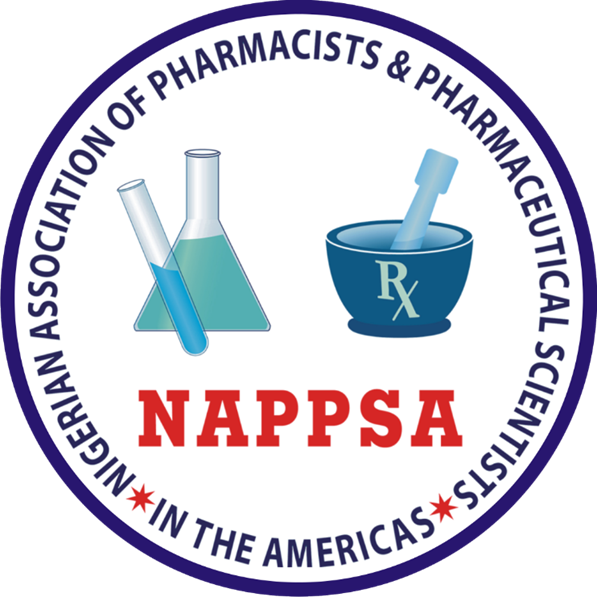Focus on Ambulatory Care Pharmacy
What is Ambulatory Care Pharmacy
The Board of Pharmacy Specialties (BPS) describes ambulatory care pharmacy practice as the provision of integrated, accessible health care services by pharmacists who are accountable for addressing medication needs, developing sustained partnerships with patients, and practicing in the context of family and community. This is accomplished through direct patient care and medication management for ambulatory patients, long-term relationships, coordination of care, patient advocacy, wellness and health promotion, triage and referral, and patient education and self-management. The ambulatory care pharmacists may work in both an institutional and community-based clinic involved in direct care of a diverse patient population.1
The evidence supporting the involvement of pharmacists in improving outcomes in chronic disease management is well established and undisputed. Ambulatory care pharmacists may work in primary care clinics, long term care facilities, geriatric clinics, specialty clinics, health plans and multiple other settings where they may provide direct patient care. Pharmacists in community practice may also have a path to provide ambulatory care services by creating mutually beneficial linkages with physicians to the advantage of their patients. There are also quite a number of pharmacists who have successfully transitioned from in-patient, community, and managed care pharmacy practice to ambulatory care.
Services provided by ambulatory care pharmacists in all these setting may include, but not limited to:
- Chronic disease state management
- Comprehensive medication management
- Provision of drug information and healthcare provider education
Medication reconciliation
- Participation in transitions of care
- Annual wellness visits, prospective or retrospective chart reviews
- Refill authorization
- Long term relationships with patients
- Patient advocacy
- Triage and referral
Educational Requirement
Though a residency training is not required to practice as an ambulatory care pharmacist, a residency training provides the advantage of structured learning and accelerated growth beyond entry-level professional competence. Additionally, for billing purposes, most practices are requiring residency training and/or board certification for credentialing and privileging. Most ambulatory care pharmacist complete a post-graduate year 1 (PGY1) residency training in pharmacy practice and a post-graduate year 2 (PGY2) residency in ambulatory care. There a however a few residency trainings programs that offer a post-graduate year 1 (PGY1) residency training in Ambulatory Care.
Ambulatory care pharmacist may work in the following settings2:
- Accountable care organizations (ACO)
- Community based or free clinics.
- Community pharmacies
- Federally Qualified Health Centers (FQHC)
- Hospital-based outpatient clinics
- Indian Health Service Clinics
- Managed care integrated system
- Outpatient clinics associated with academic medical centers.
- Patient-Centered Medical Homes (PCMH)
- Private practice physician clinics
- Rural Health Clinics
- Self-insured employee clinics
- Veterans Affairs (VA) Medical Centers
- Others
Income potential
The average pay for an ambulatory care pharmacist varies depending on location. Starting salary is an average of $125,000, ranging from 105,000 to $150,000.
References
- Board of Pharmacy Specialties. Ambulatory care. http://www.bpsweb.org/bps-specialties/ambulatory-care/
- https://www.ashp.org/-/media/assets/pharmacy-practice/resource-centers/ambulatory-care/basics-of-ambulatory-care-pharmacy-practice.ashx?la=en&hash=B33AC933C328E4C33E80E75689759A1232DA12B9

